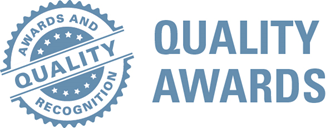

 Quality Awards
Quality Awards

St. Luke’s Adult Psychiatry Residency is a four year ACGME accredited residency.
The purpose of our program is to provide a unique and structured educational experience for residents in order to make them competent in the field of psychiatry. Our goals and objectives are in line with ACGME core competencies and include
Mission Statement
To train psychiatrists that will provide integrated, reliable, and effective psychiatric care to our community regardless of their ability to pay and further transform the delivery of psychiatric care within Northeastern Pennsylvania and surrounding areas. To accomplish this, we will provide a scholarly environment with our faculty and ensure the appropriate didactic, clinical, and experiential environment to graduate excellent clinical psychiatrists. Our program's mission aligns with the larger mission of the sponsoring institution which is to show an unwavering commitment to excellence as we care for the sick and injured; educate physicians, nurses, and other health care providers; and improve access to care in the communities we serve, regardless of a patient's ability to pay for health care.
Residents will also be able to:
In addition to their clinical duties, residents are also expected to participate in the education and training of medical students. They will also participate starting as a PGY 1 on research projects. Also, a half-day a week is protected for didactic time and seminars, grand rounds and journal club round out the educational components.